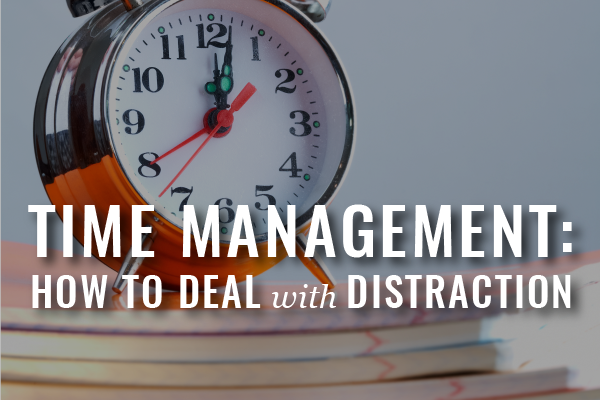Why the word “Should” is one of the most unhelpful words in the English language:
Many times throughout the day, I make an automatic comparison of my present situation to a desired future outcome. Perhaps at the start of my day I have not written a new blog post and I want to have written a post by the end of the day. This makes me aware of what I want to accomplish, keeps me striving toward goals, and helps me to know if I am progressing toward those goals or getting further away from them. This, in and of itself, does not seem like a negative exercise. However, the words that I choose to use have quite an impact on whether I feel encouraged about my goals for the day or weighed down by the lack of progress.

